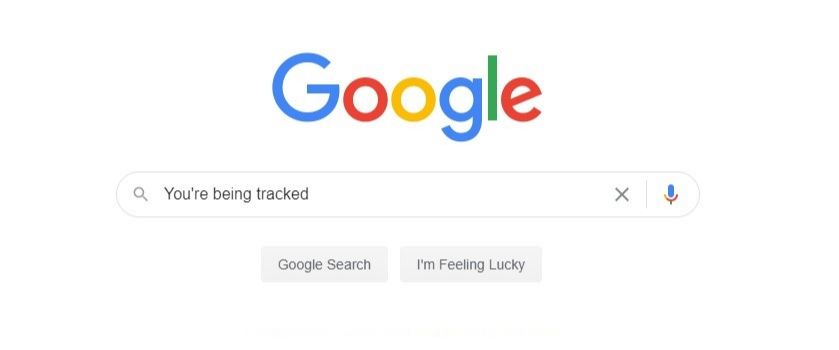Is Incognito Mode as Private as it claims to be? Probably not… Otherwise, Google wouldn’t get fined with a $5 billion lawsuit.
The tech giant Google and parent company, Alphabet, defend their position at all costs.
They deny this is illegal and insist on how transparent they have been about the data it collects in “private Incognito mode.”
Are they saying the truth? Or have you been tracked all this time by the company?
Let’s find out…
Google and Plaintiffs: What both Parties have to Say?
This is not the first time Google faces a lawsuit over data collection, but it’s the first one that tries to back up on the Federal Wiretap Act.
The same statute providing the right to sue when private communication is intercepted.
Incognito mode within the Google Chrome browser was made to support our need for private internet navigation, without being saved to the browser or device. In reality, what many didn’t know about is that websites use tools like Google Analytics to track usage.
They (Google) say the collection of this search history in private viewing mode, helps site owners “better evaluate the performance of their content, products, and marketing.”
The initial message at the Incognito Mode window states that activity will be visible for visited websites, and the internet service provider… But Google Analytics nor the Google Ad Manager tracking methods are mentioned anywhere.
If you’re worried about this, then it’s important to know that there’s a Google Analytics opt-out browser extension that disables its tracking/measurement.

Also, the Chrome 83 update brought many new features, but one, in particular, secures a better standpoint for Google: “Block third-party cookies”.
It hasn’t been launched to all Operating Systems, but it will soon do.
The idea behind this is to deny access to tracking cookies… Reason for today’s news.
“People everywhere are becoming more aware (and concerned) that their personal communications are being intercepted, collected, recorded, or exploited for gain by technology companies they have come to depend on.” – Lawsuit’s most powerful argument.
Such a lawsuit was filed on behalf of three people with Google accounts:
- Chasom Brown
- Maria Nguyen
- William Byatt
The complaint refers to “millions” of Google users affected and is looking for damages of at least $5,000 for each individual that has used Google since June 1, 2016.
Will you be one of the million fortunate to receive such damage compensations?
Probably not, so don’t get your expectations high, yet.
Let’s see where all of this goes… Because Jose Castaneda, a Google spokesman says: “We strongly dispute these claims, and we will defend ourselves vigorously against them“
After all the allegations, rival companies as DuckDuckGo took it as a chance to self-promote their “truly private” alternatives.

Funny enough, this “Incognito mode” visibility can also be seen on other web browsers like Opera, Edge, Brave, and Vivaldi. They’re all made based on Chrome’s codebase.
How to Avoid Privacy Issues
Opportunists come and go, but no-one seems to respond responsibly to you, the User.
Also, it’s hard to understand what private truly is… Especially when you don’t read the terms and conditions (as most don’t).
I understand how you feel… Everything seems to be in small letters nowadays.
Want to keep yourself fully private while surfing the web? There’s a lot you can do…
Even better, do you want to sleep peacefully at night knowing your assets are fully protected online? Our IT Security services do exactly that!
